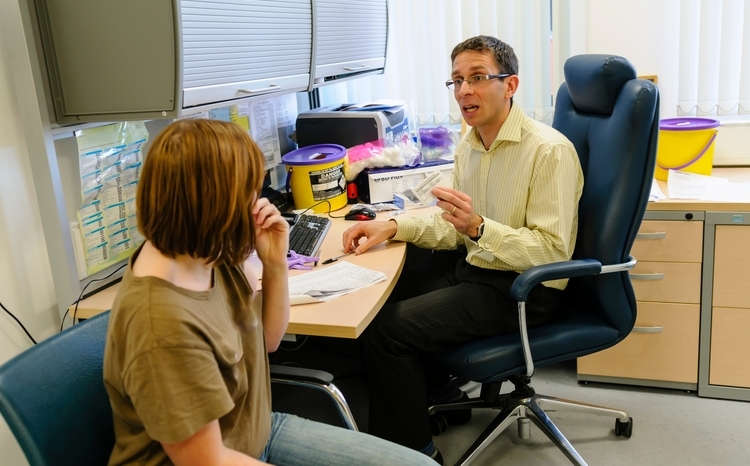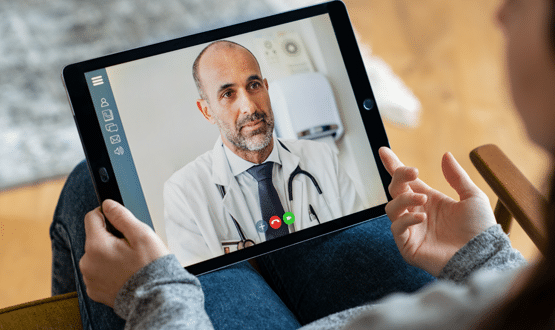Investment in digital ‘is a building block for world class GP services’

Investment in digital technology is one of the “building blocks” for providing a world class service to patients and clinicians, the Royal College of GPs has said.
In launching its workforce roadmap, Fit for the Future, the college reiterated previous calls for increased investment in digital technologies and innovation “to make better use of data and evidence, and to modernise GP premises”.
The roadmap sets ambitious targets to increase the number of GP training places, as well as retaining current staff, calling on Health Secretary Matt Hancock to urgently deliver the addition 6,000 GPs promised in the election manifesto.
This includes providing digital education in GP training programmes to prepare future doctors effectively for the use of technology, the roadmap states.
“Investing in our workforce is just one of the enablers required to realise our vision. We also need increased investment in digital technology and innovation, to make better use of data and evidence, and to modernise GP premises,” the report reads.
“Improving the basic functionality of digital technology, as well as implementing new innovations that have been proved to help with workload, can significantly improve workloads in general practice.
“If these building blocks are put in place, we can ensure that general practice in the UK provides a world class service for patients and is a great place to work for GPs and multidisciplinary practice teams.”
Graham Kendall, director of the Digital Healthcare Council (DHC), told Digital Health News that technology would “significantly” decrease pressures on GPs.
“The manifesto pledge from the secretary of state for 6,000 additional GPs and 50 million more patient consultations is certainly an ambitious one. However, the Digital Healthcare Council would strongly advocate that new technological solutions will significantly decrease the burden of meeting this goal,” he added.
“Online digital consultations help give flexibility to time-stretched GPs, reducing burnout and ultimately attrition rates, whilst giving many patients quicker and more convenient access to consultations that can be equally as effective for hundreds of conditions.
“Removal of the laborious and inefficient paperwork processes in replacement for the quick and painless digital systems, can give back vital time to GPs to spend more time caring for even more patients. Full access to the patient record is essential.
The RCGPs launched its tech manifesto, All Systems GP, in April 2019, calling for the joining up of IT systems across the NHS to be prioritised.
The manifesto states all GP practices should be modern, digitally-enabled premises with fully interoperable IT systems; have access to secure high-speed broadband facilities; and access to a single shared electronic patient record which documents patient interactions throughout the NHS.
Separate organisations have also called for digital training to be embedded into clinical curricula to avoid knowledge gaps forming between current and future clinicians.
The DHC has previously said future policies need to encourage the adoption of digital solutions to ease demand on GP services, following what was a difficult year for GP services which saw the average wait for an appointment surpass the two week mark for the first time.





2 Comments
“Graham Kendall, director of the Digital Healthcare Council (DHC), told Digital Health News that technology would “significantly” decrease pressures on GPs.”
The jury must be out on this. With reports on burnout making reference to IT usage, many papers on EPRs impacting productivity, and no research on the impacts of new or extended use of IT, the decrease of pressures on GPs and other clinical staff can only be speculative, surely.
And we must always be alert to unintended (IT-related) consequences; positive and negative.
digital health care with AI will improve healthcare reduce % of human error
Comments are closed.